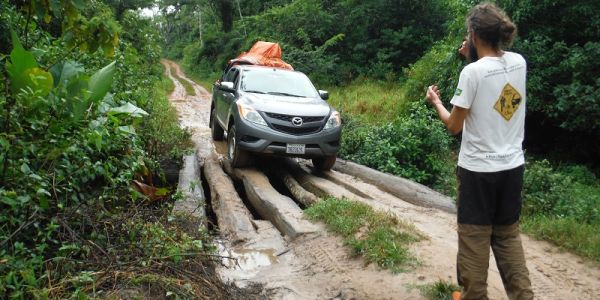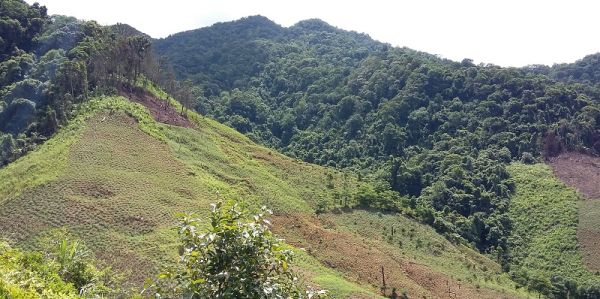
Amazon - challenges of science in the rainforest
As an ecologist, Dr Julia Tavares often has to consider how to collect data from remote locations.

As an ecologist, Dr Julia Tavares often has to consider how to collect data from remote locations.

Artists from around the globe have been connected with Leeds academics to explore climate change and justice in an online research project.

Scientists have calculated that the fastest changing Antarctic region - the Amundsen Sea Embayment - has lost more than 3,000 billion tonnes of ice over a 25-year period.

Compass readings that do not show the direction of true north and interference with the operations of satellites are a few of the problems caused by peculiarities of the Earth’s magnetic field.

One of the UK’s leading banking experts has given a masterclass on careers in the financial sector during a special talk at the University of Leeds.

Hind Hassan broadcasts from the most hostile environments in the world – from the conflict in Ukraine, to the devastating earthquake in Turkey and Syria – elevating the voices of those unheard.

Deforestation is resulting in reduced rainfall across large parts of the tropics, according to new research.

Glaciers along the Antarctic peninsula are flowing faster in the summer because of a combination of melting snow and warmer ocean waters, say researchers.

Climate change is hitting the hardest in the world’s mountain ranges. We learn how Leeds glaciologist Professor Duncan Quincey is helping locals at the world's highest glacier.

Governments are not using the latest mapping technology to report key environmental data about tropical forests to the UN, say researchers.